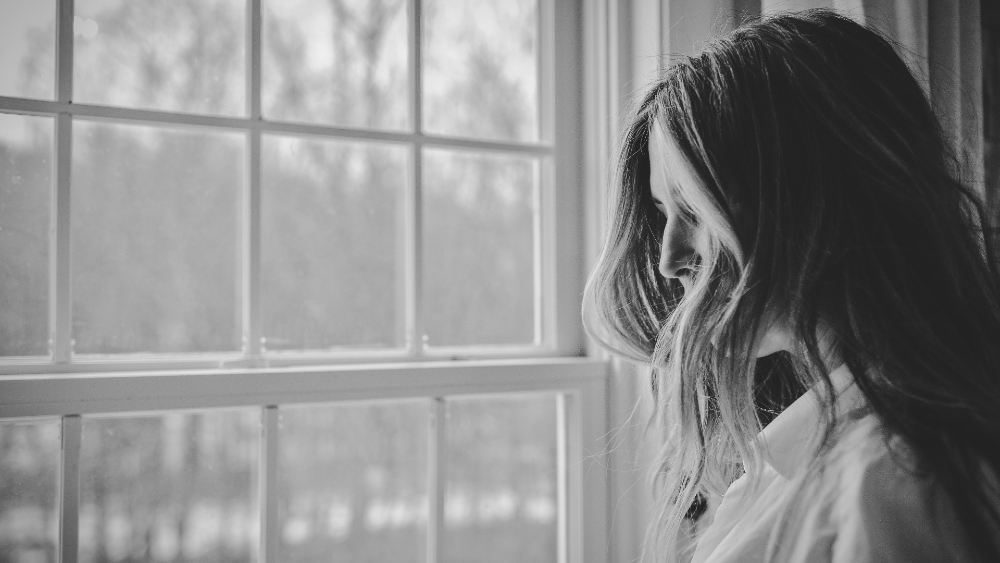
What a week it’s been. I know many of you must be feeling as emotionally and mentally drained as I am.
I have personally been involved in the cancellations of 17 concerts in just three days: two with the choirs I perform with, and the remaining 15 with the non-profit I manage. At least six more face further cancellation as the situation develops, likely more.
My organization, the Friday Morning Music Club (FMMC), is “lucky,” perhaps, in the fact that we do not charge for tickets for the 80+ concerts we present each year. Many days I wish that we did, particularly when combing through our budget, contemplating how much we might take in if we did charge for admission. But ultimately it is a huge part of our mission that our music and performances be accessible to all, performers and audience members alike.
That said, I had never anticipated a scenario such as this, where not charging for tickets would ultimately allow FMMC the flexibility to truly do what’s best for our membership and patrons without any thought to budget or financials.
The reality of the developing circumstances surrounding COVID-19 is that large gatherings will cause this virus to spread faster. It’s not a matter of if, but a matter of how much. By the time the dust settles on this week, it is unlikely that any DC-area arts organization will present a single concert prior to April 1, and any date after that is ultimately an unknown and remains on the chopping block.
I am not here to evaluate the science behind social distancing and “flattening the curve,” or to tell you what will happen with your choir if you proceed with your concert. There have been what feels like hundreds of articles written on that subject like this, this, this, or this. I do recommend reading them, if you haven’t already.
What I am here to discuss is the grief that many of us haven’t quite had the chance to name just yet. Perhaps it hasn’t even registered in some of you, or your choristers, buried beneath the mild chaos and growing anxiety that these cancellations and changes have brought about. But I can feel it, and I know as the days turn to weeks (heaven forbid, months), it’s going to become all the more potent.
Those of us in choral administration (or any arts administration for that matter) face a unique situation in that we are not just administrators but artists, and have to cope with this situation from the perspective of our work but also from the perspective of our music. Yes, ultimately our stress and frustration surrounding these cancellations is connected to our bottom line and the financial sacrifices we're making for the sake of public health. But the very heart of what we do is making music together. I know for certain that I am not the only arts administrator who also actively sings with a choir or plays in an orchestra or band. I do what I do with my career because choral music brings me joy; I spend my days advocating for it and other genres of classical music while spending my evenings singing with multiple ensembles and working on a wide variety of projects.
As we are told on all fronts that we need to halt our work and to distance ourselves from one another, we are faced with an uncomfortable reality: the exact thing that we are asked to discontinue is also the exact thing that we so desperately need for ourselves in these uncertain times. While I am always drawn to group creation, the desire to come together and make music is only heightened when times are troubled and worries are high. What makes these circumstances particularly difficult is that we cannot come together and provide a musical balm for our wounds. The very balm that could heal and comfort many of us is the same balm that could hurt—or even kill—other people.
So yes, we're grieving the loss of our concerts, the work that has been put in, and the financial stability we absolutely need, but we are also grieving the temporary loss of our art forms and our personal solace. Even if you are not as keenly aware of that grief just yet, it is certain that many of your singers are feeling it—or will be feeling it in the near future. And just like any grief and any loss, it is important to acknowledge it and to recognize it for what it is.
I am desperately going to miss making music with my friends and colleagues. I am mourning the temporary loss of my community, and afraid of what the future holds for us all. I don’t quite know how to cope with such uncertainty without music, because I’ve never had to do it before.
In the days to come, be transparent with your singers and your audience. Don’t give them excuses or false promises, but don’t give them silence either. With social distancing comes loneliness, which is unavoidable when all we want to do is gather together and create music, and can’t.
Use technology to your advantage. Using Zoom for sectional rehearsals is certainly not as ideal as in-person rehearsals, but it reminds your singers that they’re not alone and that there is an end to the chaos. It gives them a way to make music, albeit non-traditional.
Remind them that your musical group is a community first and foremost, even if it isn’t a “community chorus” under the standard definition.
Remind them that they can always reach out for help, musical or not.
Remind them that even as we are asked to isolate ourselves for the good of the many, no one should be alone.
Remind them that the music will be here waiting for us when we get back.
Help Your Choral Community
Chorus America and Chorus Connection are working to collect data from choruses impacted by COVID-19. If your chorus has been impacted by COVID-19, please complete this form.
We will use this data to keep choral leaders informed of what is going on in their local communities, help us create useful resources for all choral organizations, and eventually analyze the data to understand the global impact of COVID-19 on the choral arts.
Thank you for your time!

Jennie Weyman is the Managing Director of the Friday Morning Music Club in Washington, D.C. She is also an active member of both the Capitol Hill Chorale, serving on the Board of Directors since 2015, and the Washington Revels. She has previously worked with both The Washington Chorus and Arena Stage at the Mead Center for American Theater. Jennie taught elementary music for two years, and continues to teach musical theater workshops in her spare time. When not working, Jennie freelances as a graphic designer, reads terrible mystery novels, and makes Airbnb wishlists. Go Hufflepuff!
